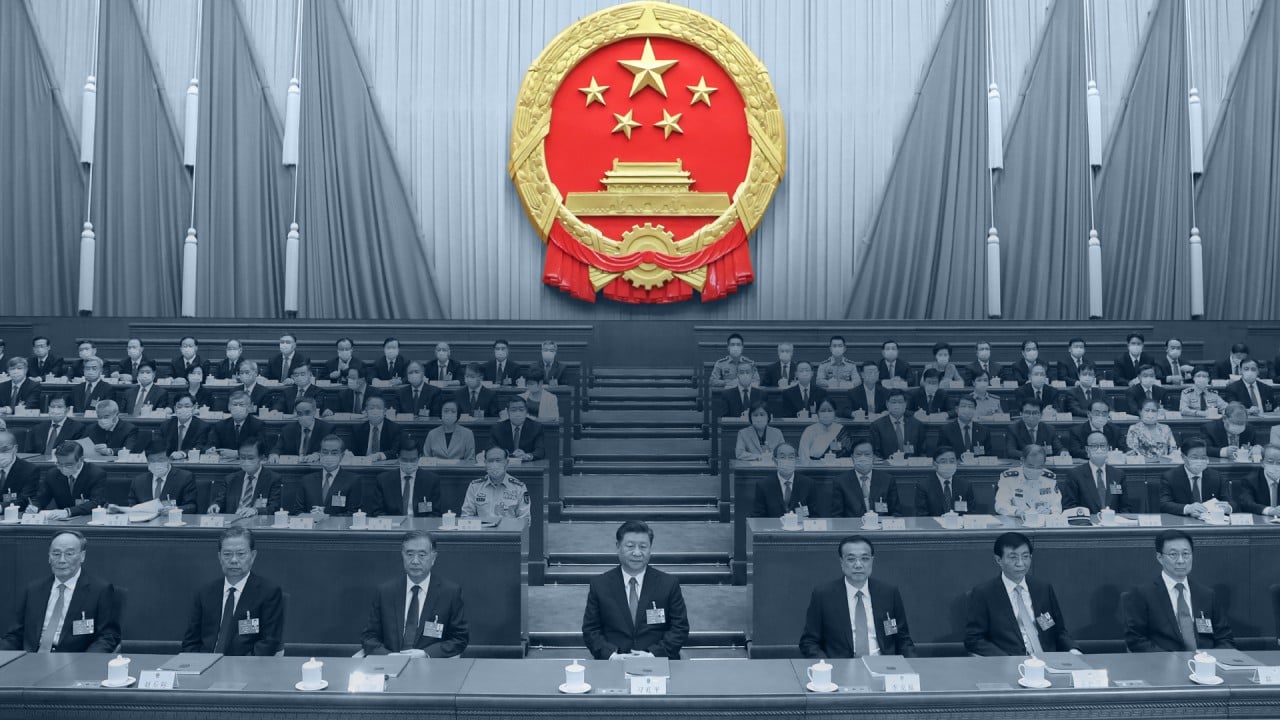
Dalian Wanda to restructure assets after withdrawing troubled Shanghai IPO plan for property arm
- Dalian Wanda Commercial Management has decided to withdraw its A-share listing plan in Shanghai after a five-year wait without progress
- The group aims to restructure its assets and hopes to seek another listing at home or abroad ‘as soon as possible’
The group has decided to withdraw a plan to list its unit, Dalian Wanda Commercial Management, due to “strategic considerations”, according to a statement on its website. Instead, the unit intends to “restructure its assets in areas including commercial operation, technology and data”, it said.
Some 84 Chinese companies have pulled their onshore IPO applications this quarter, compared with nine in the same quarter last year, according to Bloomberg. The technology-focused Shanghai Star Market and Shenzhen ChiNext were seeing the most cancellations, it added.
Dalian Wanda Commercial Management had undergone a makeover to prepare for its September 2015 IPO. Wang orchestrated a move in 2016 to privatise its Hong Kong-listed Dalian Wanda Commercial Properties barely two years after its HK$28.8 billion (US$3.7 billion) stock offering.
Dalian Wanda Commercial Management hopes to seek a listing at home or abroad “as soon as possible”, according to its statement on Wednesday.
Chinese regulators are, however, applying the brakes after companies flocked to raise capital amid a fast economic recovery and an earlier streamlining of regulations. New rules in the works will put greater emphasis on companies having actual technology credentials and higher standards for sound finances.
“The ultimate goal is to prevent risks that could stem from possibly problematic applications from companies that could eventually harm investors,” said Chaoping Zhu, a global market strategist at JPMorgan Asset Management.
Among recent deals in trouble is Geely Automobile Holdings’ plan to list on Shanghai’s Star Market, with regulators questioning whether the firm is hi-tech enough, according to people familiar with the matter.
The CSRC in February also tightened IPO disclosures by requiring underwriters and lawyers to provide detailed information on shareholders including LPs and source of funding for their investments over the years. The regulator last year asked some underwriters to put on hold new applications for Shenzhen’s ChiNext board after a flurry of submissions.
A total of 85 Chinese companies have listed on the mainland market this year as of Tuesday, raising a combined 64.8 billion yuan. In the same period last year, 48 companies raised almost 76 billion yuan.
Yet the pullback could pay dividends down the road and many firms are not as in need of capital now as the economy recovers, according to JPMorgan’s Zhu. The pace of issuance “might just slow down in the short term,” he said. “But an improved listing system will be more beneficial to the market and allow more companies to get the financing they need more smoothly in future.”
Additional reporting by Bloomberg


